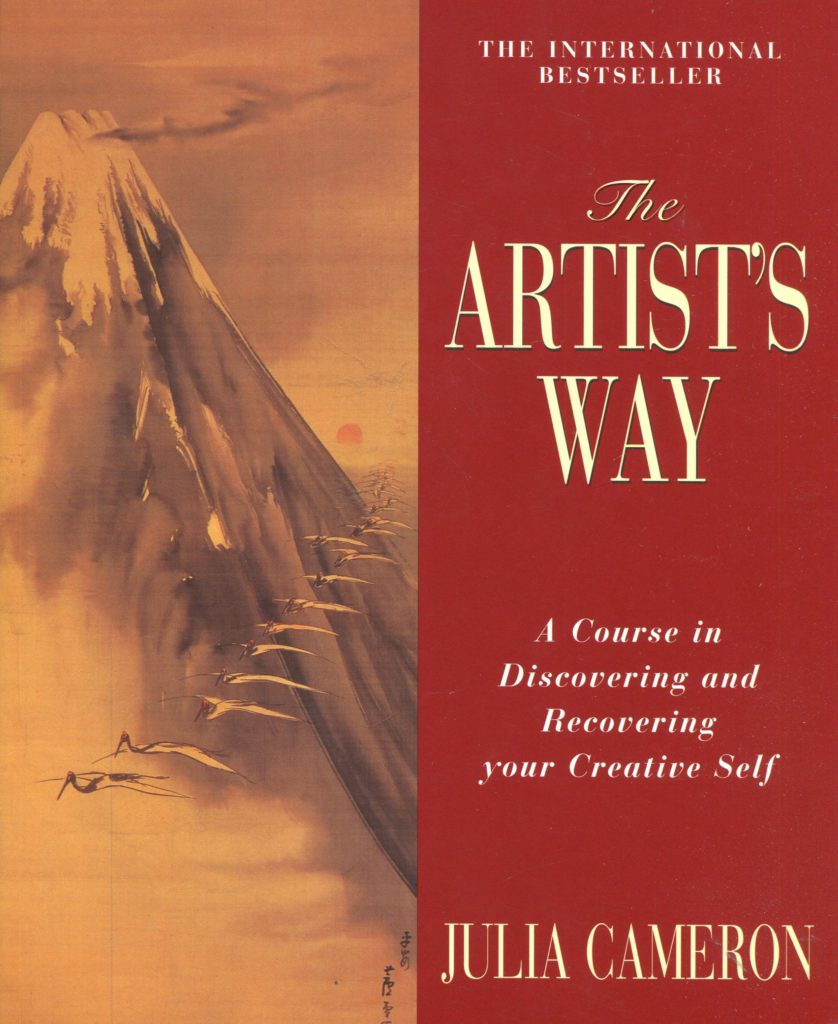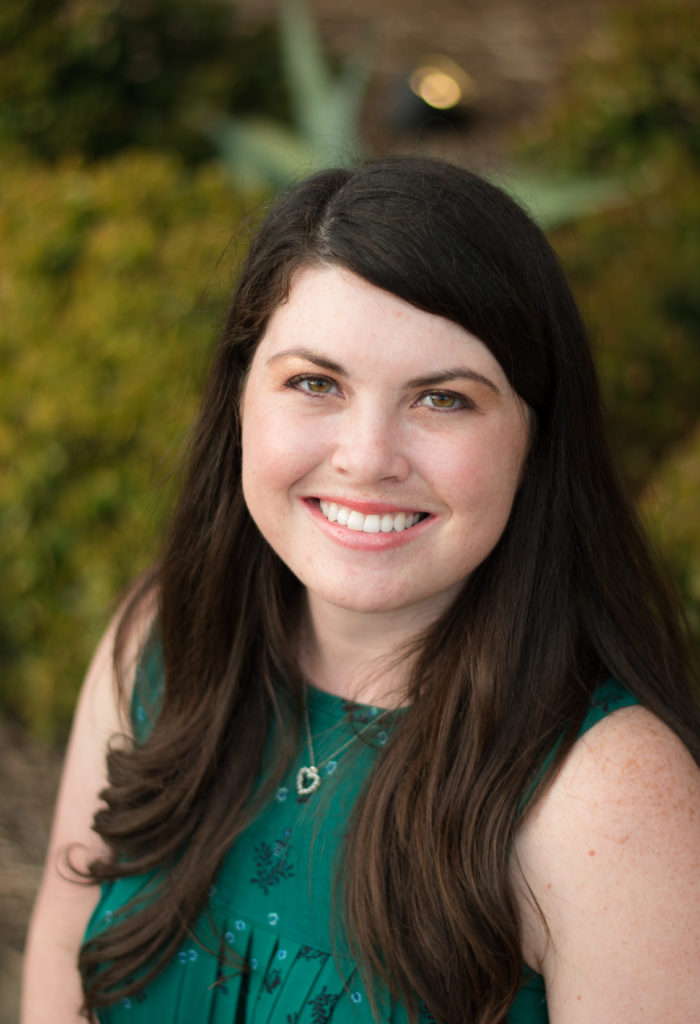There are many writers and aspiring writers with chronic illnesses. These illnesses sabotage our goals and writing time when we experience flare ups. Chronic illnesses can sabotage our goals and objectives and make the smallest task seem daunting. I have Chronic Fatigue Syndrome (CFS). CFS has changed how I function as a writer. It has forced me to choose what I do and if I do it at all. It has forced me to prioritize and focus. These things are not bad in and of themselves. They simply mean that I have had to adjust but adjusting has not always been easy or simple. Here are a few Tips to Manage Writing with Chronic Illness and achieving goals:
1) Practise Self-Care.
This is one of the hardest things ever to learn. Sounds simple enough but consider the following:
A) As writers we’re driven to tell the story and to succeed in this industry. There are shining examples of successful authors who write one, two or three novels a year, and do all sorts of marketing stuff. This is who we aspire to be and when we can’t be, that voice of sabotage in our heads tells us we are failures. Self-care here means changing the expectation, accepting what we can and cannot do, setting realistic goals for ourselves. Most important, we need to change the paradigm of success we have in our heads. There are writers with chronic illness who are successful. We can do it. On our terms we certainly can!
B) Self care means telling the energy drains in your life to take a back seat or to buzz off. Whether its people, involvement with social media (there’s a reason why I don’t do Face Book), or house cleaning (I had to resort to getting a housekeeper to come in every three weeks to do the cleaning I cannot. I had to give up something else but that was worth it). Some will call it selfish, but this type of selfish is healthy as is claiming your writing time and enforcing it.
C) Gratitude is really important. I’m generally optimistic but when I’m grateful for the things I can accomplish, and grateful for the writing however slow or sporadic at times, the world feels like a much more fun and wonderful place. Gratitude helps me get through the tough times because I recover more quickly if I’m not down on myself.
2) Know Your Limitations and Work Within Them
Many days, if I can write for an hour, it’s been a good day. Then, I do some of the other things and if I’m lucky, I can get more writing time in. First thing in the morning is my best writing time, when my brain is the freshest. This system works because now my brain and I have learned to work together. As I wake up, ideas emerge, scenes are visualized and when my feet hit the floor, it’s off to the laptop to write it all down. This works best, I think, because when at rest, minimal muscle energy is used, and the brain is less engaged with making the body function properly. Hence, there is more energy for thinking. I’ve written over 14,000 words this way this month and the month isn’t done yet! One of the reasons why this system works for me is that when I’m done writing, I take a minute to decide what I want to work on the next day. It seems my subconscious then ‘works’ on it while I sleep and the ideas come the next morning.
3) Use Spoons to Portion Out Your Energy and to Help Others Understand
Spoons are a way to explain available energy. Some days I don’t know how few I have because it varies and I don’t know until I’ve attempted my first activity. It can be a three spoon day where all I can do is make meals, eat and clean up. It can be a six spoon day were I can write for half an hour and then do the necessities. And if it’s an 8 spoon day, I can maybe go for groceries recognizing that driving each way is a spoon, getting the groceries is worth three spoons, unloading and putting away is another two spoons but by now I’m spent enough that it takes four spoons to do a two spoon job. By now, I’ve used either seven of the eight spoons (and I haven’t made dinner, eaten and cleaned up yet which is another three spoons) or I’ve gone over and used up nine spoons. Overdoing it will hamper my energy for the next one to three days.
This is on a good day and I haven’t written a word and won’t have enough energy for my brain to do the thinking it needs to. When it’s really bad and I’m in pain and the world seems to pass me by, writing is the furthest thing from my mind – it has to be. Practising self-care takes priority.
3) Set Your Goals and Objectives. Then Ignore, Adjust or Rethink
A goal is the long-term thing you want to accomplish. I want to write an 80,000 word novel this year. Goals give us direction, or a target if you prefer. Without knowing the target, we can’t reach it.
An objective is the series of concrete steps it takes to get to the goal. I will research the world for one month. I will outline the novel for two months. I will write the novel in eight months with the smaller objective of writing 10,000 words per month.
Illness will sabotage an objective. Objectives not met change the goal or part of the goal. I may still want to write the novel, but it may take a year and a half instead of a year to do so. Objectives are small pieces of the goal. By understanding that, I feel more in control of the outcome as I make adjustments. Most importantly, I can break down objectives into manageable parts which are more realistic for what I can accomplish in any given time period.
Here’s something I haven’t admitted publicly – there was a time last year when I was ill enough that the world seemed dark, and I wanted to give up writing. I cried a lot because I felt like I was giving up on part of my soul and I didn’t want to do that. From somewhere came the idea that if I could not write, I would take a course on writing. That saved me. It gave me purpose, and a new perspective on craft. My fatigue almost sabotaged my fledgling career as a writer, but a new direction, a new distraction saved me.
4) Be Honest with Yourself and Others
This was the hardest for the longest time. I didn’t want to be sick. Still don’t but ignoring the fact was hurting me and my writing.
Seriously – be honest with yourself and others whether it be friends, family or colleagues. Chronic illness is an energy suck. It can flare up unexpectedly. We have limitations. We can’t be all things to anyone. No ever again. I used to be able to do it all – work, family, write, family dinners, garden – have an endless amount of energy and be all things to all people. Now, I have to manage energy and plan. If we go see the grandchildren at Christmas, how much energy will it take and how do I portion it out for the things I want to do like make or buy Christmas presents, travel, and so on. It all gets done, differently than when I had boundless energy.
The great thing is that the family and friends who care are respectful and make accommodations when I give them, like when I need to rest in quiet for an hour. Those who choose not to understand are no longer part of my life in any significant way. They can’t be. That goes back to the first principle of self care.
Honesty has a painful angle. There was a time when I could write 3,000 words a day and have a novel written in a month! That is no longer my reality. I had to own up to that and set more realistic goals and objectives. Doing that has staved off feeling worthless, the sabotaging voice in my head and has allowed me to write again.
The Final Word
So dear reader, I have taken the time to write this blog this morning because I thought it was important and I wanted to. It’s such a relief to be able to share this. I wrote this post knowing that the likelihood of my working on my novel today is zero spoons. But that’s okay. My remaining energy will be spent on going for a walk, reading, or listening to an audio book. These things I love and they are important too as is the delicious dinner I’m making tonight.
Stay well my friends and practice self care!
 The Artist’s Way by Julia Cameron. Some writers keep this next to (or in place of) their Bibles. It’s just that important and instrumental for their process. I think I can say with confidence that this is an objectively foundational book in cementing your process as a writer. Julia Cameron guides you every step of the way in a 12-week process of deep contemplation about who you are as a person and an artist, what’s standing in your way, how to move past those things, and how to make meaningful goals to achieve what you want. I personally give the book 5/5 stars, and if you’re interested in this book, I recommend that you surrender to the process. You’ll want to fight it and cut corners. DON’T.
The Artist’s Way by Julia Cameron. Some writers keep this next to (or in place of) their Bibles. It’s just that important and instrumental for their process. I think I can say with confidence that this is an objectively foundational book in cementing your process as a writer. Julia Cameron guides you every step of the way in a 12-week process of deep contemplation about who you are as a person and an artist, what’s standing in your way, how to move past those things, and how to make meaningful goals to achieve what you want. I personally give the book 5/5 stars, and if you’re interested in this book, I recommend that you surrender to the process. You’ll want to fight it and cut corners. DON’T. . I’ve lost this habit since college, swapping out the physical planner for a To-Do list app, Google calendar, and a Notes app. This year, thanks to inspiration from friends, I’ve picked up a physical planner. Here’s a great list from people who tested out some of the best planners on the market right now and their suggestions.
. I’ve lost this habit since college, swapping out the physical planner for a To-Do list app, Google calendar, and a Notes app. This year, thanks to inspiration from friends, I’ve picked up a physical planner. Here’s a great list from people who tested out some of the best planners on the market right now and their suggestions. 

